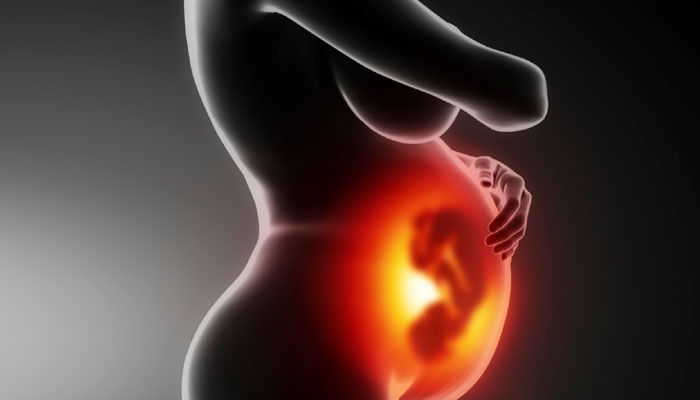
A 33-year-old woman from Kolkata has knocked on the doors of the top court on Wednesday seeking permission to abort her 23-week foetus claiming that it has a heart abnormality.
The matter was referred to a medical board in Kolkata by a vacation bench of the Supreme Court comprising of Justices DY Chandrachud and Sanjay Kishan Kaul.
Appearing for the petitioner, advocate Sneha Mukherjee claimed that the 33-year-old suffered immense mental and physical anguish as a result of the unreasonable 20-week restriction on abortion under Sections 2(b) of the Medical Termination of Pregnancy (MTP) Act. On May 25, during a foetal echocardiography conducted on the pregnant lady, it was suspected that the foetus suffered from Tetralogy of Fallot, a combination of four impairments in the heart.
This was confirmed during a more comprehensive test conducted five days later. However, by then the lady had already crossed the 20-week mark and was thus unable to abort the foetus. Mukherjee claimed her client was anguished at being forced to continue her pregnancy being aware that her baby may not survive.
In her petition, Mukherjee says that in case a foetus suffers from “physical or mental abnormalities,” it can be terminated under section 3(2)(b) (ii) of the MTP Act. However, women lose the protection of this section where they do not have access to adequate antenatal care during the first 20 weeks of their pregnancy.
Mukherjee further points out that of 26 million annual births in India, approximately two-three per cent of foetuses has a severe congenital or chromosomal abnormality. Many of them are stillborn. However, with the rapid rise in technological advances like the new 3D and 4D sonographic technology, it is possible to detect certain abnormalities before 20 weeks, while other abnormalities can be detected only after the 20-week period mark.
The petition has further relied on a statement from the Federation of Obstetric and the Gynaecological Societies of India (FOGSI), a body comprising 24,000 plus members: The risk to the mother in case of termination of pregnancy at 25 weeks is not significantly higher than the risk at 20 weeks.” FOGSI advised that “in case of foetal abnormality which has been detected late and which leads to an extremely serious handicap at birth, such foetuses should be allowed to be terminated, even after 20 weeks.
In her petition, Mukherjee has further reminded the court of an existing petition filed by doctor Nikhil Datar who seeks an amendment in the MTP Act, to increase the deadline for abortions.
The 33-year-old’s fate now relies on the report prepared by a medical board that will determine whether the abortion is necessary or safe for the women. In recent time, the apex court has heavily relied on these expert opinions before passing their judgment.

Post Your Comments